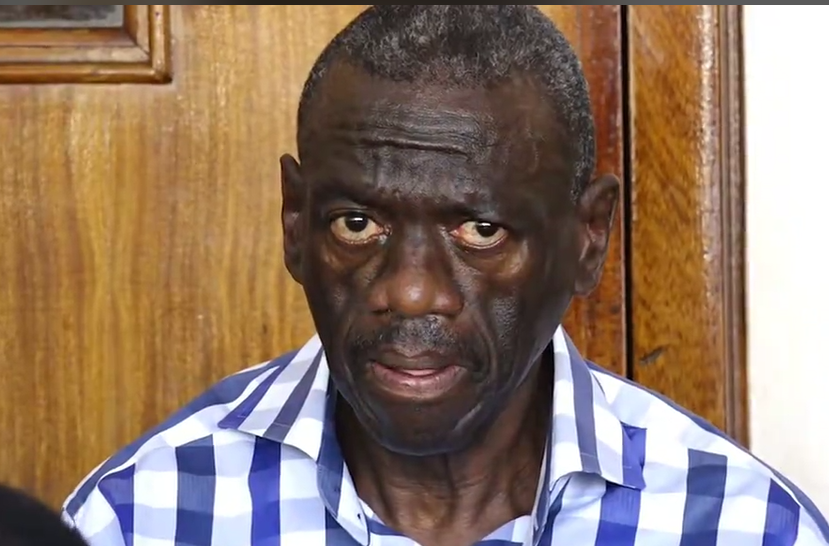

Dozens of anti-riot police
were mobilised and deployed to various places in Nairobi on Friday ahead of the anticipated protest to call for the release of Uganda opposition
leader Kizza Besigye.
However, there was confusion about whether the protests will proceed.
This is after a poster circulated showed the protests had been pushed to Monday, February 24, but police said they are not taking any chances on the issue.
Police said the move is a precaution to mitigate any other
issues that may emerge in the day.
The anti-riot team was positioned at among others the Ugandan Embassy, residence, Ministry of Foreign Affairs headquarters in Nairobi, and
outside State House.
Water cannons were also seen parked at the sites in readiness
for a clash.
Nairobi police commander George Sedah said a group had informed
them of the planned protests.
“They said they would come yes but we are deploying the teams
to address any issue that may emerge,” he said.
He did not indicate if the police will disperse the group
planning the protests.
Human rights
activists, lawyers and medical practitioners in East Africa hve called on the
Ugandan government to release Besigye, who has spent the past three months in
military detention.
The 12 organisations have called for
people to join a march on Friday to the Ugandan Embassy in Nairobi and the Parliament Buildings to present a petition for justice and the release of
Besigye and those detained alongside him.
Besigye, who was abducted while on a trip to Kenya in November, was recently rushed to a hospital after going on a hunger strike to protest his imprisonment.
“We call on
Ugandan authorities to immediately release Kizza Besigye, Hajj Obeid Lutale,
Eron Kiiza and others unlawfully detained,” Hussein Khalid said.
“The
abduction and rendition of Kizza Besigye and Hajj Obeid Lutale blatantly
violated international human rights law and the principles of extradition
treaties.”
A politician
who ran against Ugandan President Yoweri Museveni in three elections, Besigye
was abducted by unidentified men while on a visit to Kenya in November 2024 and
taken to Luzira Maximum Security Prison in the Ugandan capital, Kampala.
He appeared
before a military court, where former Kenyan justice minister and lawyer Martha
Karua defended him.
He is charged
with treason, illegal possession of a firearm, and threatening national
security.
Last week,
the 68-year-old fell ill and was taken to a hospital after going on a hunger
strike to protest his arrest and the charges.
On January 31,
the Ugandan Supreme Court ruled that the trial of civilians in a military court
is unconstitutional and that such cases must be transferred to ordinary courts.
But the
government rejected the ruling, saying such trials protect the country from
criminals.
In a
statement posted on X, Museveni called on those demanding the release of
Besigye to instead demand a quick trial to establish the facts. Otherwise, he
said, such demands promote insecurity, which is dangerous for the country.
Amnesty
International East African regional researcher Roland Ebole said a united voice
against human rights violations can help end abuses.
“We are
having cross-border repression,” Ebole said. “We are having a transnational
repression where we are seeing abductions happening beyond borders. And these
abductions are happening sanctioned or blessed by presidents, blessed by heads
of state. And they are taking advantage of the fact that on the ground, we are
not as united against them.”
Rights groups say they will circulate petitions and reach out to other nations and organizations to demand the release of unlawfully detained Ugandans.












